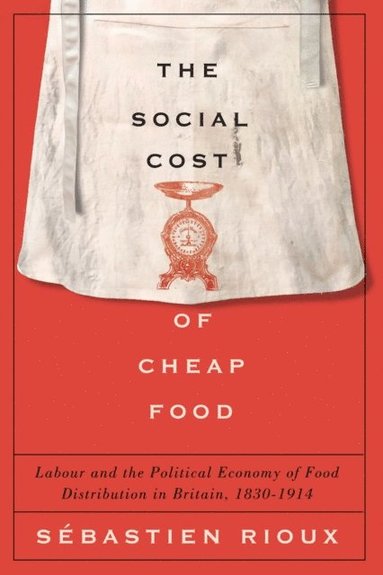
Fler böcker inom
- Format
- E-bok
- Filformat
-
PDF med LCP-kryptering (0.0 MB)
Om LCP-krypteringPDF-böcker lämpar sig inte för läsning på små skärmar, t ex mobiler. - Nedladdning
- Kan laddas ned under 24 månader, dock max 6 gånger.
- Språk
- Engelska
- Utgivningsdatum
- 2019-09-26
- Förlag
- McGill-Queen's University Press
- ISBN
- 9780773559578
Social Cost of Cheap Food E-bok
Labour and the Political Economy of Food Distribution in Britain, 1830-1914
E-bok (PDF, LCP),
Engelska, 2019-09-26
Finns även som
Kundrecensioner
Har du läst boken?
Sätt ditt betyg »
Fler böcker av Sebastien Rioux
-
Global Labour Studies
Marcus Taylor, Sébastien Rioux, Sebastien Rioux
From the rise of fully automated factories to the creation of new migrant workforces, the world of work, employment and production is rapidly changing. By reshaping the global distribution of wealth, jobs and opportunities, these processes are unl...
Du kanske gillar
-
Source Code
Bill Gates
Inbunden -
1929
Andrew Ross Sorkin
Inbunden -
Dark Academia
Peter Fleming
Häftad -
Careless People
Sarah Wynn-Williams
Inbunden -
Look
Michelle Obama
Inbunden
